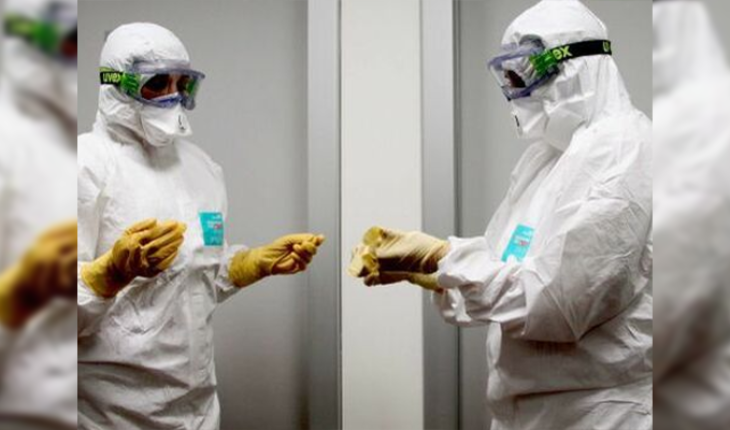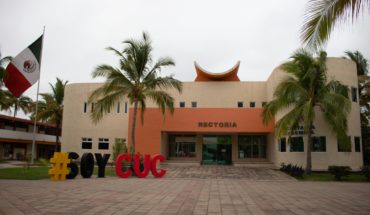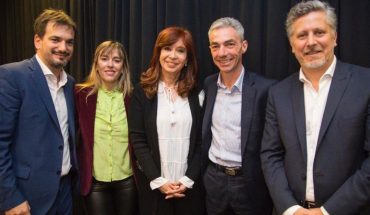The well-known Covid-19, or simply named coronavirus, is the emerging disease developed in Wuhan, China, which has already paralyzed everyone within 2 months when it began to expand to different countries, as it – until 21 March – has infected more than 200 thousand people and caused the deaths of more than 11 thousand in different nations of the world; these numbers are expected to continue to rise, but the question we all have: when and how will the outbreak end?
According to The Herald of Mexico, the Prime Minister of the United Kingdom, Boris Johnson, has reported that according to the specialists and their reports, it has been predicted that the country may change the course of the virus and that it can be eradicated within approximately 12 Weeks.
However, several reports indicate that despite the outbreak declining in the coming months, it will be difficult to completely eradicate the presence of this microorganism in the world, which in turn makes it impossible to stop the pandemic forecast, and agree with INFORMATION from the BBC, that could take years.
The first step: ending self-isolation or quarantine
Some nations apply fines to those who do not respect it, others only issue recommendations, even artists and recognized personalities promote it; the truth is that self-isolation or quarantine is not sustainable in the long term, as social damage and in world economies can be catastrophic.
Strategies to get back to normal
Dozens of countries have already reached the peak of the pandemic, so world powers plan what their exit strategy will be, which involves lifting emergency restrictions and protocols, with the intention of returning to normal.
However, Mark Woolhouse, professor of epidemiology at the University of Edinburgh, said that by lifting restrictions that hold back the coronavirus outbreak, cases of infection are likely to skyrocket, as people exist Covid-19 carriers that are asymptomatic.
Three possible exits
A.- Vaccination
Most people around the world consider this to be the best option and the most likely, the truth is that a vaccine takes at least 12 to 18 months to develop and to be proven to be effective.
What happens if the vaccine is found?
According to the same BBC report, if enough people are vaccinated – 60% of the population – and the virus stops its outbreaks, it will be able to aim to achieve what is known as collective immunity.
Research and hard work by scientists around the world has reached unprecedented speed; however, this does not guarantee that waiting for an effective vaccine will cause the immunization that is required globally.
B.- Natural immunity
The main strategy to achieve this, according to UK protocols, is to avoid contagion as much as possible so that hospitals do not exceed their attention span.
Once this is controlled, measures can be lifted for a while, this until the cases of contagion are fired again, then a new cycle of restrictions, such as quarantine, will be needed.
Doing so, to cause natural immunity to Covid-19, could take at least two years and according to Professor Neil Ferguson of Imperial College London, this means suppressing the outbreak until only a small fraction of the country is prone to infected, but stressed that this could take years.
C.- Modify social behavior
Professor Woolhouse assured that this option would represent a willingness to change permanently in our behavior as a society, with the intention of having near-zero transmission casualties.
New ways of buying, moving and of course interacting with others, as well as maintaining measures that have already been implemented, as well as adding new – more rigorous – methods of infected patients
translated from Spanish: When will the Covid-19 pandemic end?
March 21, 2020 |





